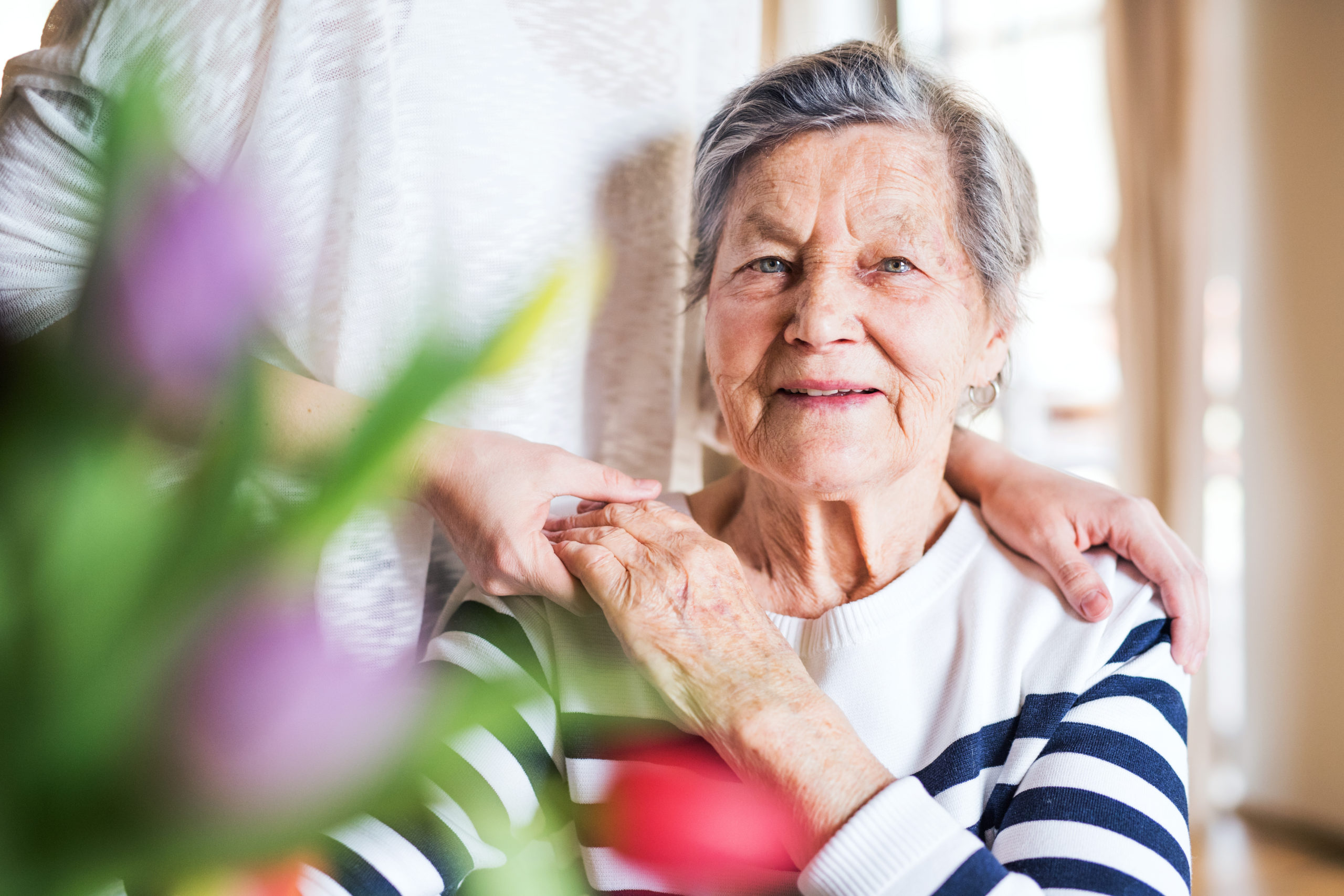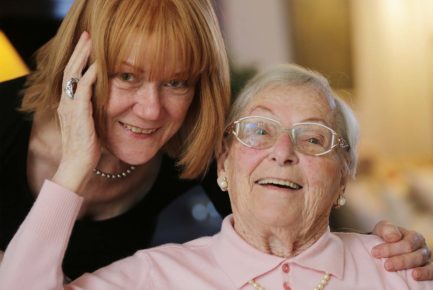The pandemic has left many older people feeling more isolated than before. As a consequence, they maybe more worried and less confident. It’s always good to remind yourself of the key things that are important. Here are 7 simple ways to help reduce their confusion and worry. Often it’s the simple things that make the most difference.
1. Clear Greeting
Every time you meet your loved one with dementia, say ‘hello’. This is also especially important if you have a carer, who is coming to look after your elderly parents. If they can say their name clearly and why they are there each time, it will reduce their anxiety. A carer can show them a picture of themselves, preferably with a smiling face.
You might also find this article helpful ’10 ways to improve the elderly’s mental health’.
2. Use short, simple sentences
For many people, they are having fewer interactions with loved ones. This in itself can cause confusion and distress. Being clear and precise with what you are saying, has never been more important.
3. Be positive and reassuring
An elderly person reasoning may be affected by dementia. Often they may disagree with you or argue and correcting what they say, may only make the situation worse. Be reassuring and give positive instructions, ‘Shall we go here?’ instead of ‘Don’t go there’.
4. Go Slow
Give the person time to process what you have said and respond. You may obviously need to repeat this several times.
5. Hearing aids and glasses
We cannot expect someone with dementia to understand us if they need their hearing aid or glasses on. Often they may refuse to wear their hearing aid, they may feel they do not need it or it is uncomfortable. It is so important they can understand you, so coaxing them to wear it could not be more important.
6. Listen
Of course, we all know we need to listen more often to speak less. As many vulnerable people are having fewer interactions with people, they can be even more confused and distressed. Taking more time to listen to what is really upsetting them is really important.
7. Personalise your visit
Every minute you spend with a person with dementia is gold dust at the moment – given that they are more isolated than normal. Having a chat with Mum about her grandchildren, whilst helping her eat or speaking to your uncle about his beloved cat and showing him photographs will help jog their memory.
Explaining that there is a ‘nasty flu’ around, in a simple and straightforward way and ‘let’s keep ourselves safe until it’s gone’, will make them feel they are not alone.
Encourage the wider family to send letters photographs and messages and wherever possible support your relative with video calls, via Skype, Zoom etc. You can ask your carer if you have one to help you with this.
At TrustonTap we realise how lonely life has become for the elderly or those with dementia since the pandemic. Many of their friend’s circumstances have changed. They may now need help with some practical tasks and also value some companionship, which will give you the peace of mind knowing that they are not alone.
Whatever support you need, we’re here to help. Give us a call on 0808 278 1112
Related article
10 ways to improve the elderly’s mental health
Mental well-being could not be more important for the elderly after the pandemic. Reduce their loneliness and encourage your loved ones to be connected and stay active.
Continue reading


